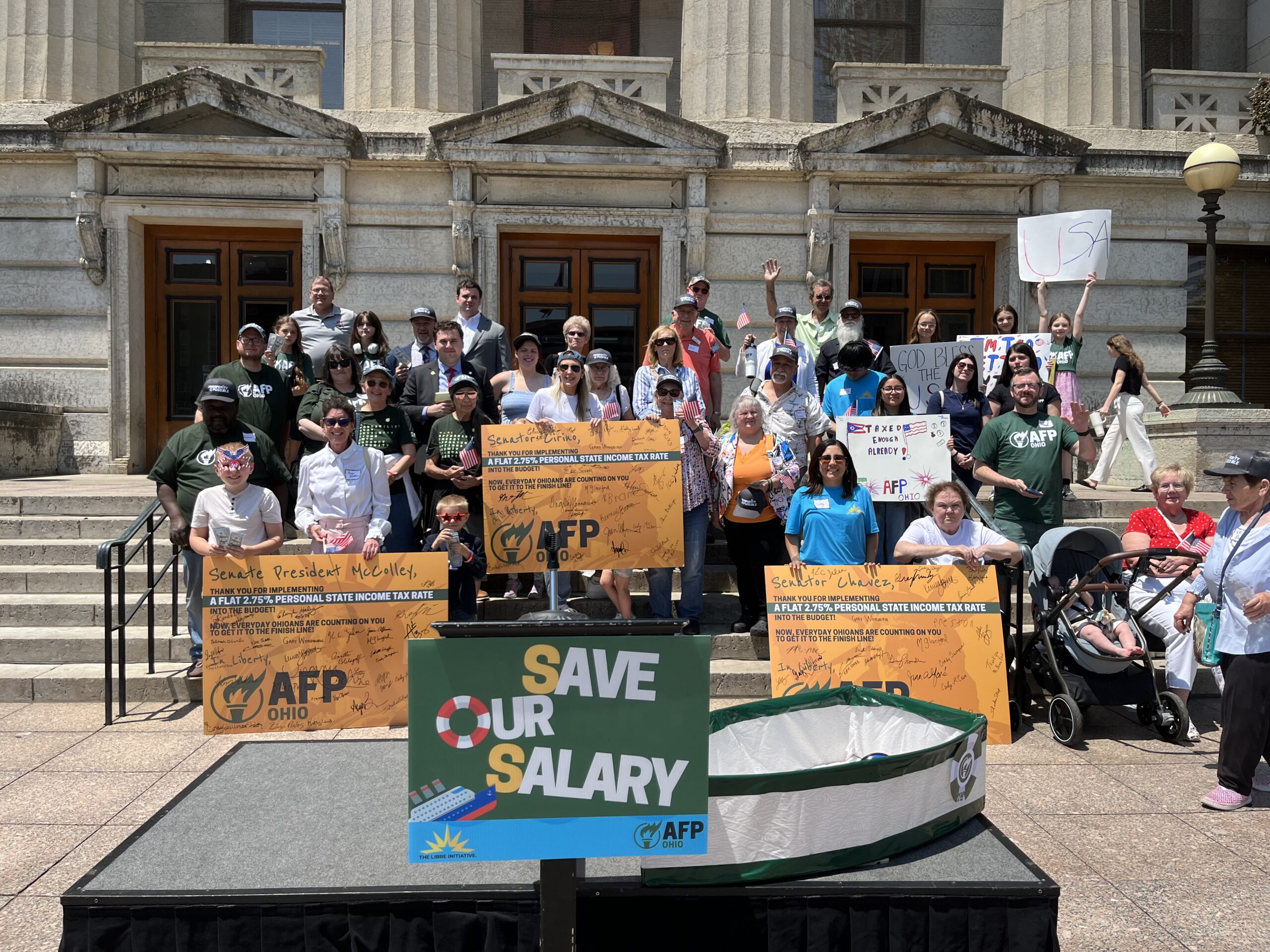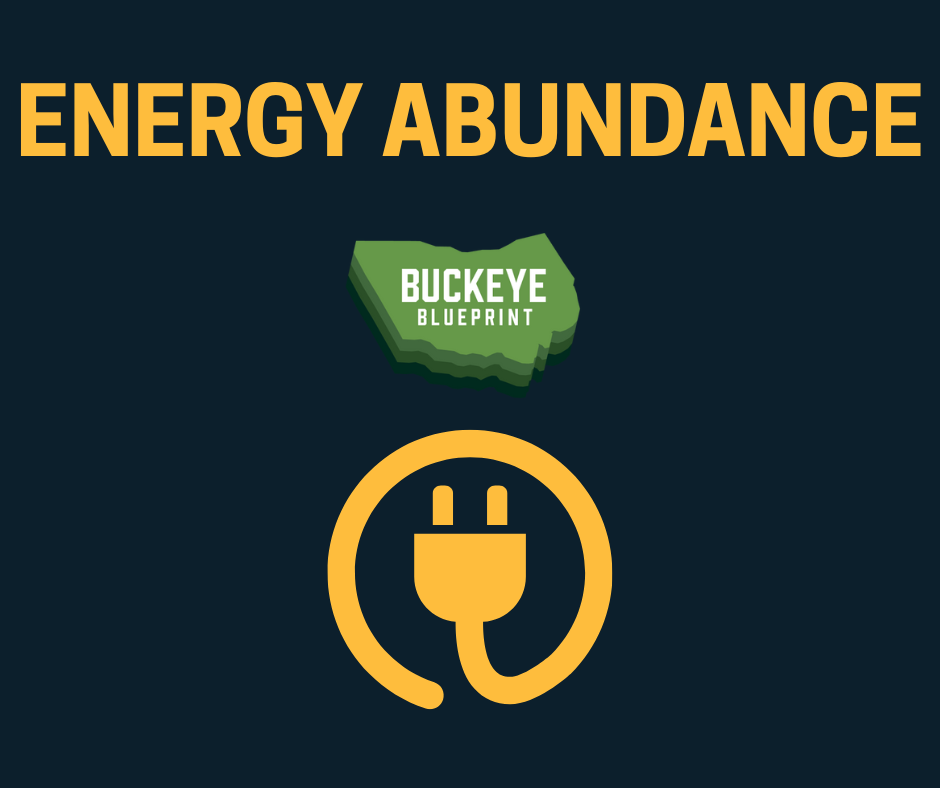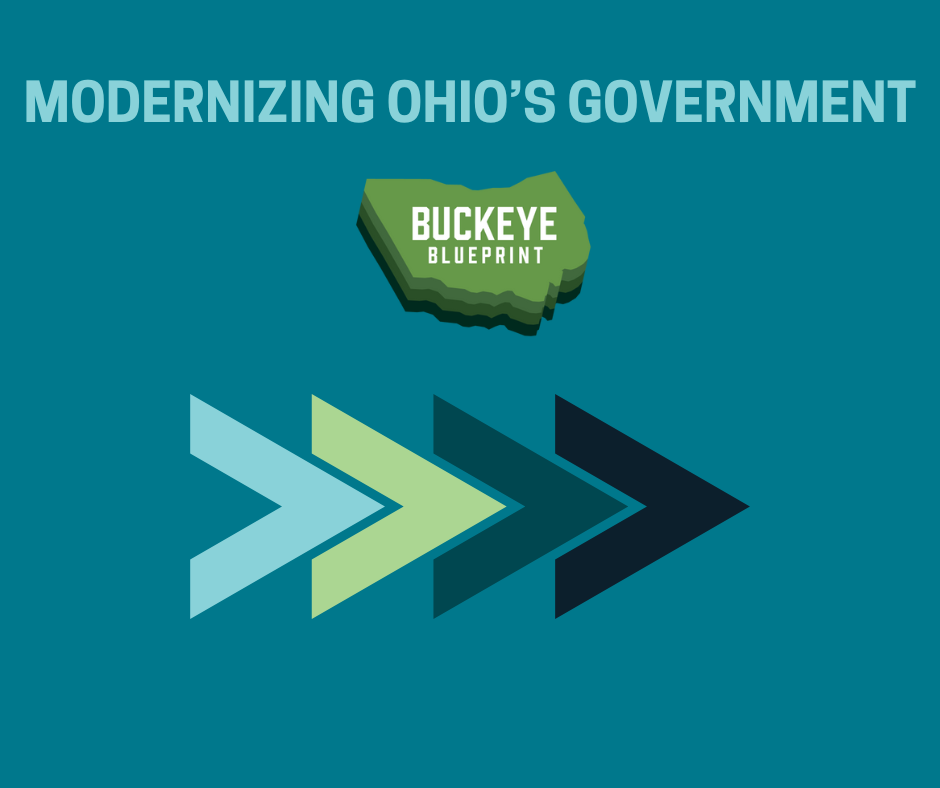Issues & Campaigns
Bad public policy creates barriers that prevent people from achieving their version of the American Dream. That’s why Americans for Prosperity-Ohio is committed to advocating for solutions within our Buckeye Blueprint that will empower everyone to overcome these barriers, so they too can contribute and succeed.

Economic Opportunity
Ohio within the next biennium will be a flat 2.75% income tax state—the lowest in the Midwest and the second-lowest in the nation. That is real progress, but it’s not the finish line. If we want Ohio to lead the nation, we must chart the path to 0% income tax, rein in unsustainable spending, and deliver meaningful property tax relief to families being squeezed across the state.
Key Points:
- Flat Tax Milestone: The passage of the 2.75% flat tax puts Ohio at the forefront of tax reform nationally. The next step is to lock in further reductions and ultimately eliminate the personal income tax altogether.
- Property Tax Pressure: Thousands of political subdivisions continue to pile on levies, and while the legislature has acted with hearings and legislation, the executive branch has vetoed key reforms and delayed relief. Ohioans are demanding urgent action.
- Spending Discipline: Ohio cannot tax-cut its way to prosperity without tackling the spending problem. The first half of 2025 showed progress—legislators passed a budget that came in billions below the governor’s proposal—but structural reforms are needed to keep spending in check long term.
- Guardrails for Growth: Structural balance rules, levy reforms, and stronger budget discipline will protect taxpayers, create space for bolder reforms, and give Ohio a competitive edge over fast-moving states that are already outpacing us.
The Road Ahead: To move from “middle of the Midwest” to #1 in the nation, Ohio must pair its tax wins with lasting fiscal discipline and property tax relief that empowers families and businesses alike.
Interested in Economic Opportunity?

Energy ABUNDANCE
Ohio has turned the page on the cronyist era of energy policy. The repeal of the OVEC subsidies and the streamlining of Ohio’s permitting process marked the most significant reforms in a generation. For the first time in years, consumers—not political insiders—are at the center of energy policy. But this is only the beginning. With energy demand surging from data centers, AI, and advanced manufacturing, Ohio needs bold champions to unleash our full potential and become a net energy exporter powering a manufacturing renaissance for the Midwest.
Key Points:
- Cronyism Ended, Consumers First: Ohioans no longer foot the bill for corrupt subsidies like those in House Bill 6. The legislature and reformers eliminated OVEC bailouts, cutting $450,000 per day in waste and corruption.
- Demand is Surging: AI, data centers, and crypto mining will drive electricity demand up. Ohio must build abundant, dispatchable power to keep pace.
- Permitting Reform: By modernizing the permitting process, Ohio has made it easier to expand reliable sources of power. But more streamlining is needed to ensure investment can keep up with growth.
- Reliability at Risk: Intermittent sources like wind and solar cannot carry the load alone. Natural gas, coal and nuclear remain essential for grid reliability and affordability, especially in Ohio’s manufacturing economy.
Abundance Fuels Prosperity: Affordable, plentiful energy is the foundation of prosperity. By embracing market competition, removing government distortions, and focusing on reliability, Ohio can power the next generation of factories, data centers, and homes.
Interested in Energy Abundance?

FREEDOM IN EDUCATION
Ohio has made historic progress by making EdChoice universally available, ensuring that every family can pursue the education that best fits their child. But funding freedom alone isn’t enough—we must focus on results. Parents, teachers, and students deserve a system built around learning outcomes, not bureaucratic budgets. The future of education in Ohio depends on money following the child and creating a dynamic, competitive environment where excellence is rewarded and families are empowered.
Key Points:
- Fund Families, Not Systems: True education freedom means dollars follow the student. Ohio must move past endless funding debates and center reform on student achievement, parental choice, and teacher excellence.
- Eliminate Barriers: While EdChoice is universal, means testing still prevents full access. Removing income-based restrictions ensures every Ohio family has equal opportunity to choose the school that works best for their child.
- Universal Open Enrollment: Families should not be locked out of better public schools because of ZIP codes or housing costs. A universal open enrollment policy will ensure that families have access to government run schools in their own community.
- Expand Supply: Demand for educational choice continues to grow, and Ohio must ensure an adequate supply of high-quality schools—traditional, charter, private, and innovative models—to meet it.
Results-Oriented Education: A competitive, choice-driven system shifts the focus from bureaucracy to outcomes—better preparing Ohio’s children for the future while respecting the role of parents and teachers.
Interested in School Choice?

Modernizing Government in Ohio
Red tape and regulations in Columbus have been addressed aggressively over the last several years. But there is an emerging need to address the bureaucracy and size of government outside Columbus. The truth is Ohio cannot reach its full potential while weighed down by an outdated and bloated local government structure. With more than 3,900 political subdivisions—the fifth most in the nation—Ohioans pay higher taxes for duplicative layers of government that deliver uneven services and drive up property tax bills. This system has resisted reform for decades. It’s time to streamline, modernize, and ensure government at all levels works for citizens, not for bureaucracies.
Key Points:
- Cut Red Tape, Expand Accountability: Ideas like the Ohio REINS Act improve oversight on state regulations by strengthening legislative review of costly regulations.
- Property Tax Relief Through Structural Reform: Local governments and their levies are the single largest driver of Ohio’s property tax problem. Modernizing governance means addressing duplication, consolidating services, and creating permanent guardrails against automatic tax hikes.
- Smaller, Smarter Government: Taxpayers deserve a government focused on what matters most—public safety, quality education, and safe infrastructure—while eliminating the possible waste and inefficiency of thousands of boards, commissions, and overlapping jurisdictions.
- Empowering Citizens: Modernization is about putting people back in charge. Ohioans want a government that delivers core services efficiently, transparently, and affordably—not one that pits state and local bureaucracies against each other while families pay the price.
Path to #1: Streamlining government and restraining bureaucracy will unleash growth, keep taxes low, and move Ohio from the middle of the Midwest to the best state in the nation.
Interested in Modernizing Government in Ohio?
